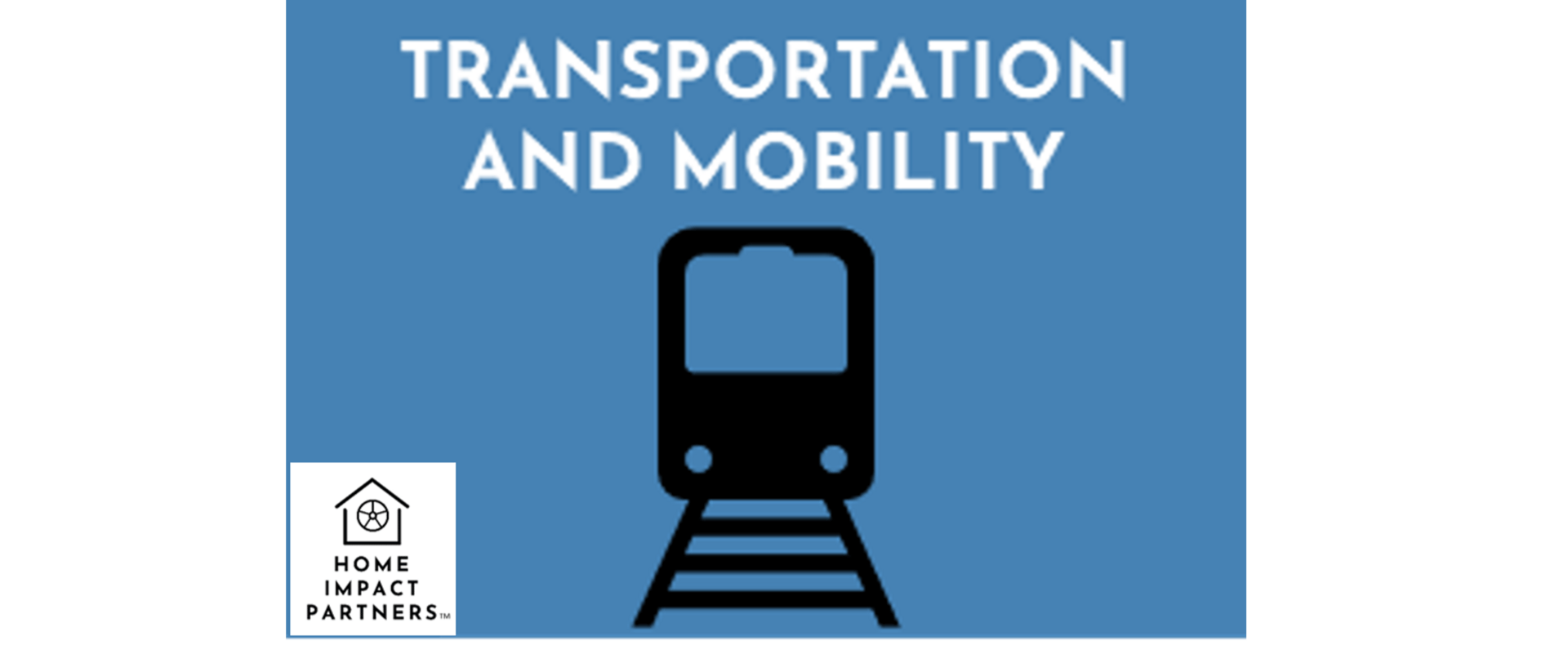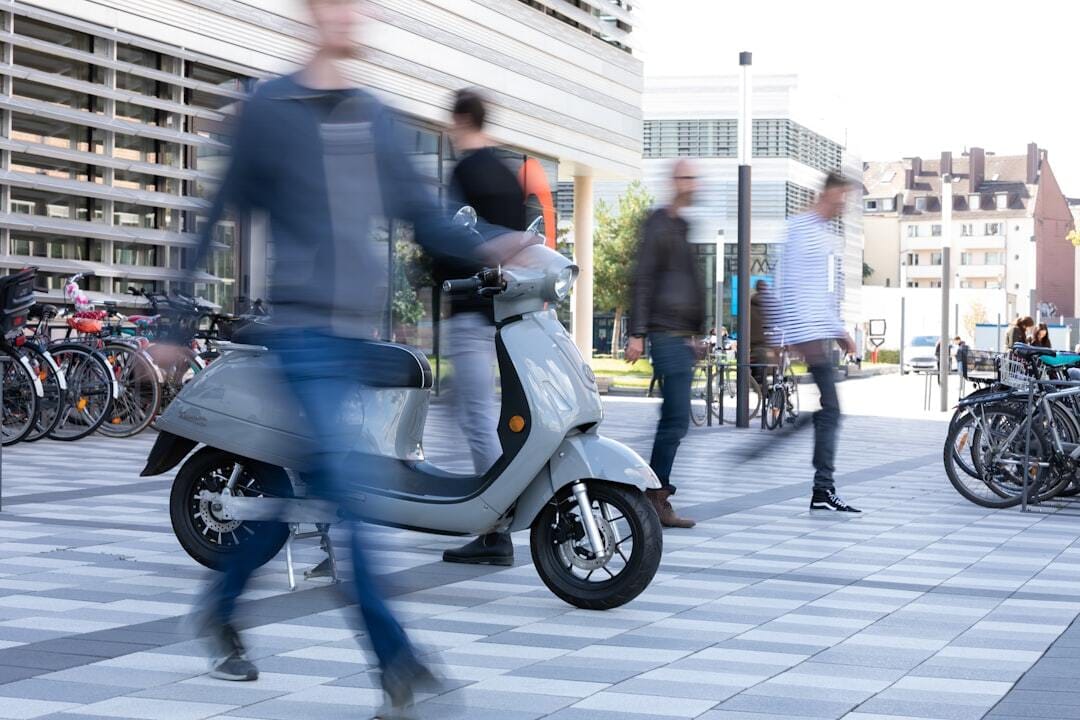- Home Impact
- Posts
- Impact Pathways: Transportation and Mobility
Impact Pathways: Transportation and Mobility
A moving pathway to health, comfort, connection, opportunity, and purpose

Every community is different, and every Impact Pathway is unique. This post is meant to help inspire you to build a Transportation and Mobility Impact Pathway in your community, leading to impact and value creation!
What Might You Find on the Transportation and Mobility Impact Pathway?
Potential Places:
Sidewalks, trails, and bike lanes
Bus stops, transit shelters, and shuttle hubs
Bike racks, scooter stations, and rideshare zones
Clear signage, maps, and wayfinding systems
Accessibility features like ramps, elevators, and curb cuts
more…
Potential Programming:
Transportation fairs and orientation events
Carpool matching and shared ride programs
Mobility assistance for seniors or residents with disabilities
Transit pass subsidies or bike lending libraries
Safety campaigns for pedestrians, cyclists, and drivers
more…
Potential Partners:
Local transit agencies and rideshare providers
Mobility nonprofits and pedestrian advocacy groups
Urban planners and transportation engineers
Senior services and disability advocates
Employers and job access initiatives
more…

How Does the Transportation and Mobility Impact Pathway Lead to Impact?
Health: Walkable environments and active transit options encourage movement, while better access to healthcare improves outcomes.
Comfort: Reliable and nearby transportation reduces stress and increases daily predictability.
Connection: Easier mobility means more face-to-face connection with neighbors, loved ones, and community resources.
Opportunity: Access to transit expands options for work, school, shopping, and recreation.
Purpose: When residents can get where they need to go, they have more control over their time, goals, and life direction.
How Does the Transportation and Mobility Impact Pathway Lead to Value Creation?
Resident Attraction: Communities with visible, practical mobility features appeal to commuters, seniors, families, and eco-conscious residents alike.
Resident Satisfaction: Easy, predictable transit access reduces daily friction and empowers residents to live more freely and confidently.
Resident Storytelling: “I walk to work now,” or “Our community shuttle changed my mornings”—these stories show how movement transforms lives.
Watch the Video: Transportation and Mobility
Mobility is freedom—the freedom to work, to learn, to connect, and to thrive. Safe, reliable, and accessible transportation links people to opportunity and to one another. When communities design systems that move everyone equitably, they open doors that might otherwise stay closed. Because when people can get where they need to go, they can become who they’re meant to be.